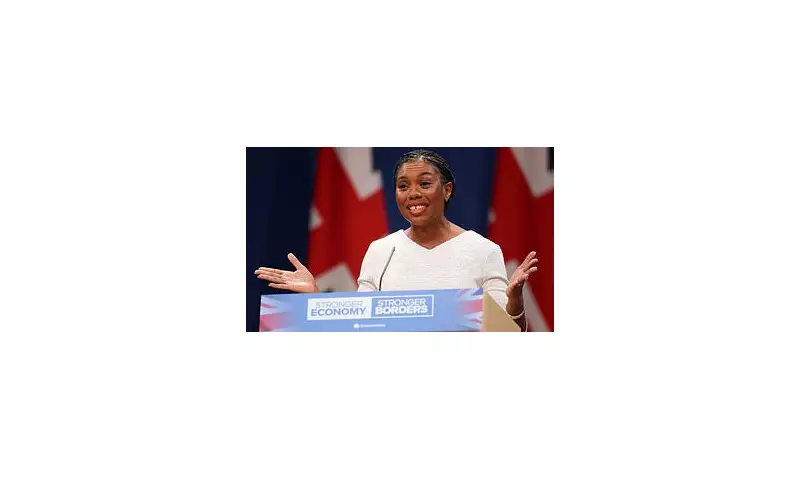
In a dramatic political revelation, Conservative MP Kemi Badenoch has exposed what she describes as Labour's attempt to 'steal' the Conservative Party's flagship policy to abolish stamp duty for millions of homeowners.
The controversial property tax has long been a subject of political debate, with both major parties now positioning themselves as champions of housing market reform. According to Badenoch, Labour's sudden interest in stamp duty abolition represents a significant shift in their economic approach.
The Political Battle Over Property Tax
Badenoch didn't mince words in her assessment of Labour's strategy. 'What we're witnessing is political opportunism at its most transparent,' she stated. 'After years of advocating for higher taxes, Labour has suddenly discovered the appeal of tax cuts - specifically our tax cuts.'
The stamp duty land tax currently adds significant costs to property purchases in England and Northern Ireland, with critics arguing it creates barriers for first-time buyers and those looking to move up the property ladder.
Economic Implications
The potential abolition of stamp duty could have far-reaching consequences for the UK housing market. Property experts suggest that removing this barrier could:
- Stimulate housing market activity
- Reduce costs for first-time buyers
- Encourage older homeowners to downsize
- Boost related industries from removals to home improvements
However, the policy also raises questions about how the government would replace the substantial revenue generated by the tax.
A Welcome Development Despite Political Motives
Despite the political controversy surrounding Labour's alleged policy adoption, Badenoch expressed cautious optimism about the potential outcome for British homeowners.
'If this leads to genuine tax relief for hard-working families, then we should welcome the result, even if we question the motives,' she commented. 'The important thing is that homeowners and aspiring buyers get the break they deserve.'
The debate highlights the increasingly blurred lines between traditional party positions on taxation and economic policy, with both major parties now competing to present themselves as the true party of tax cuts and economic growth.
As the political landscape continues to evolve, the battle over stamp duty reform looks set to become a central issue in the run-up to the next general election, with millions of potential voters watching closely to see which party can deliver meaningful reform to the property market.





